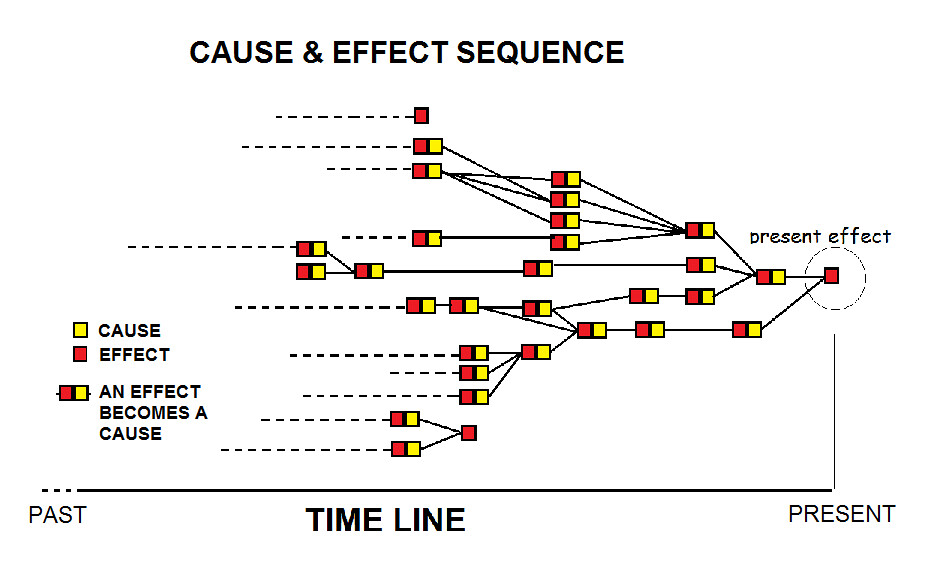Where did God say he did that? Or did someone just make it up?The primary argument for free will is theological. Briefly, if God created creatures to enjoy His love and to worship Him, and creatures have free will to accept or reject Him, then free will is essential.
After all, his billing says he's omniscient, omnipotent, omnipresent and perfect; so as I said before, he's known since before he created the universe exactly what everyone's going to do, think, say and experience for every billionth of a second throughout their lives. It's impossible to take an omniscient being by surprise, and there's no place there for freewill; it's just a theological variation of determinism.
Not in any way that worries us, obviously. We have the strong sense of owning our decisions, and we have no sense of mechanism, indeed no personal insight into the working of our nonconscious mind in general.Otherwise, God created creatures to be robots
So all we have on the table are two versions of determinism, one biological and one magical. Since we know biology exists, it's the clear victor here.



